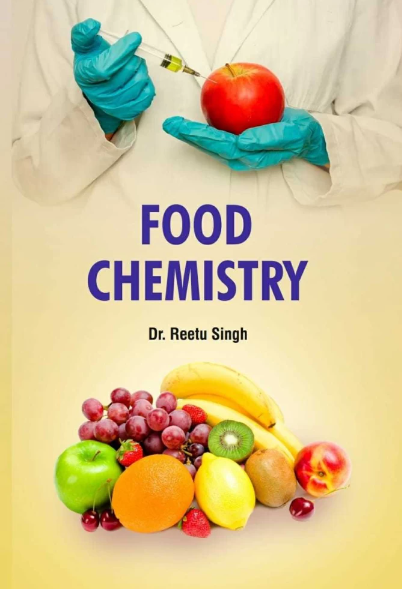In vitro simulated digestion and fermentation characteristics of pumpkin polysaccharides and their effects on the human gut microbiota
IF 8.5
1区 农林科学
Q1 CHEMISTRY, APPLIED
引用次数: 0
Abstract
Although pumpkin polysaccharides have numerous health benefits, limited studies have investigated the impact of pumpkin polysaccharide digestion and fermentation characteristics on its biological activity. Herein, pumpkin polysaccharides (PPs) were subjected to simulated saliva–gastric–small intestinal digestion, followed by in vitro fermentation using healthy human faecal microbiota. Results indicate that PPs, acidic heteropolysaccharide with a molecular weight of 2.93 × 102 kDa, mainly composed glucose and D–galacturonic acid and remained stable under simulated salivary and gastric conditions; however, they slightly degraded during intestinal digestion. During in vitro faecal fermentation, PPs stimulated the production of short–chain fatty acids, particularly acetic acid, which lowered pH, promoted the abundance of beneficial bacteria such as Lactobacillus, and inhibited harmful bacteria such as Escherichia–Shigella and Phascolarctobacterium. PICRUSt analysis suggested that the gut microbiota regulation of PPs was linked to metabolic pathways and amino acid biosynthesis, indicating the potential prebiotic properties and health benefits of PPs.

体外模拟南瓜多糖的消化发酵特性及其对人体肠道菌群的影响
虽然南瓜多糖具有许多健康益处,但研究南瓜多糖消化和发酵特性对其生物活性的影响的研究有限。在此,南瓜多糖(PPs)进行模拟唾液-胃-小肠消化,然后使用健康的人类粪便微生物群进行体外发酵。结果表明,PPs是一种分子量为2.93 × 102 kDa的酸性杂多糖,主要由葡萄糖和d -半乳糖醛酸组成,在模拟唾液和胃条件下保持稳定;然而,它们在肠道消化过程中会轻微降解。在体外粪便发酵过程中,PPs刺激了短链脂肪酸,尤其是乙酸的产生,降低了pH,促进了有益菌如乳酸杆菌的丰度,抑制了有害菌如埃希氏志贺氏菌和Phascolarctobacterium。PICRUSt分析表明,PPs的肠道菌群调节与代谢途径和氨基酸生物合成有关,表明PPs具有潜在的益生元特性和健康益处。
本文章由计算机程序翻译,如有差异,请以英文原文为准。
求助全文
约1分钟内获得全文
求助全文
来源期刊

Food Chemistry
工程技术-食品科技
CiteScore
16.30
自引率
10.20%
发文量
3130
审稿时长
122 days
期刊介绍:
Food Chemistry publishes original research papers dealing with the advancement of the chemistry and biochemistry of foods or the analytical methods/ approach used. All papers should focus on the novelty of the research carried out.
 求助内容:
求助内容: 应助结果提醒方式:
应助结果提醒方式:


